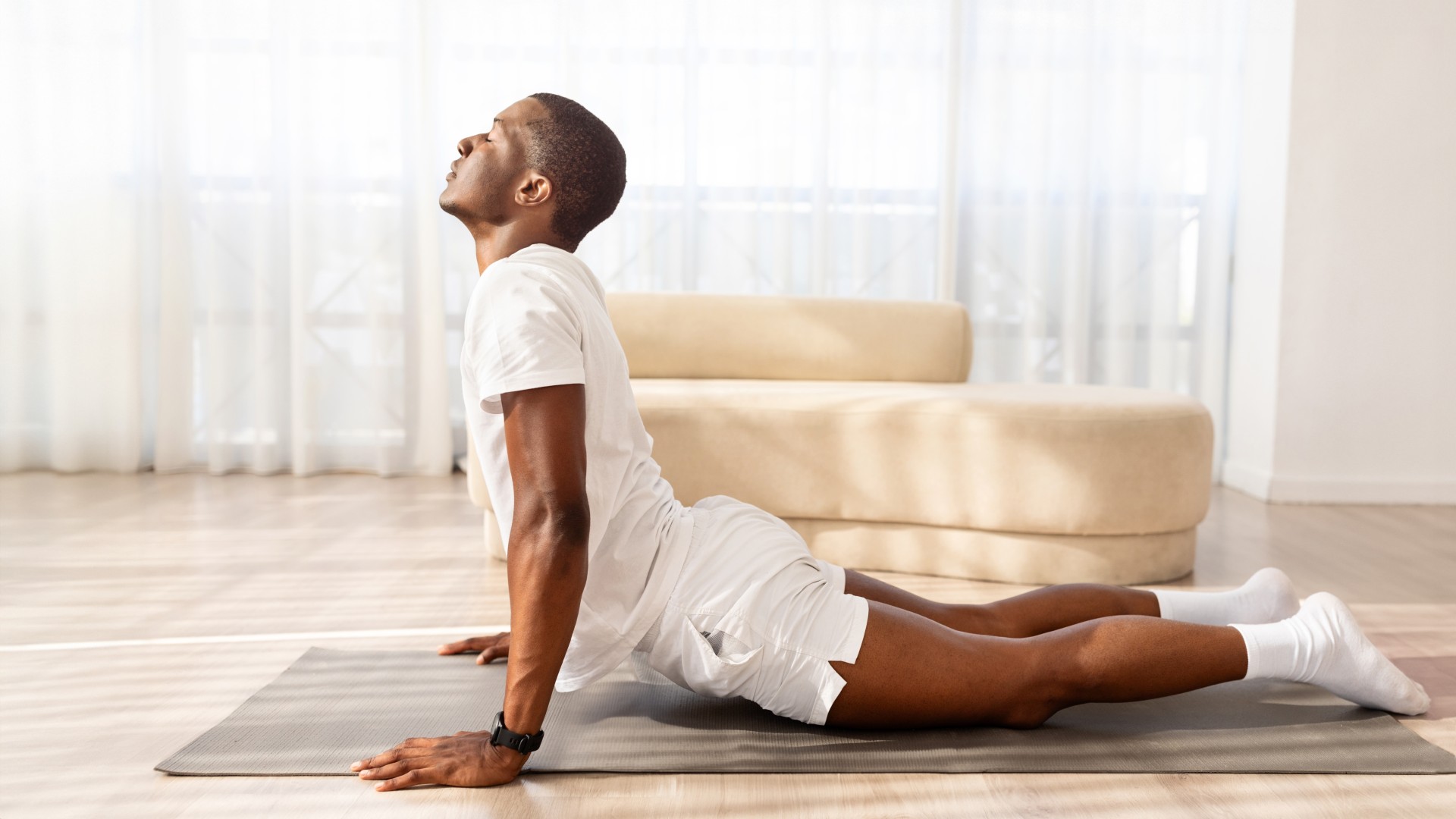Survey reveals how sleep deprivation ages your face — with AI-generated images
According to the survey, less than seven hours sleep at night has a big impact on your skin and eyes
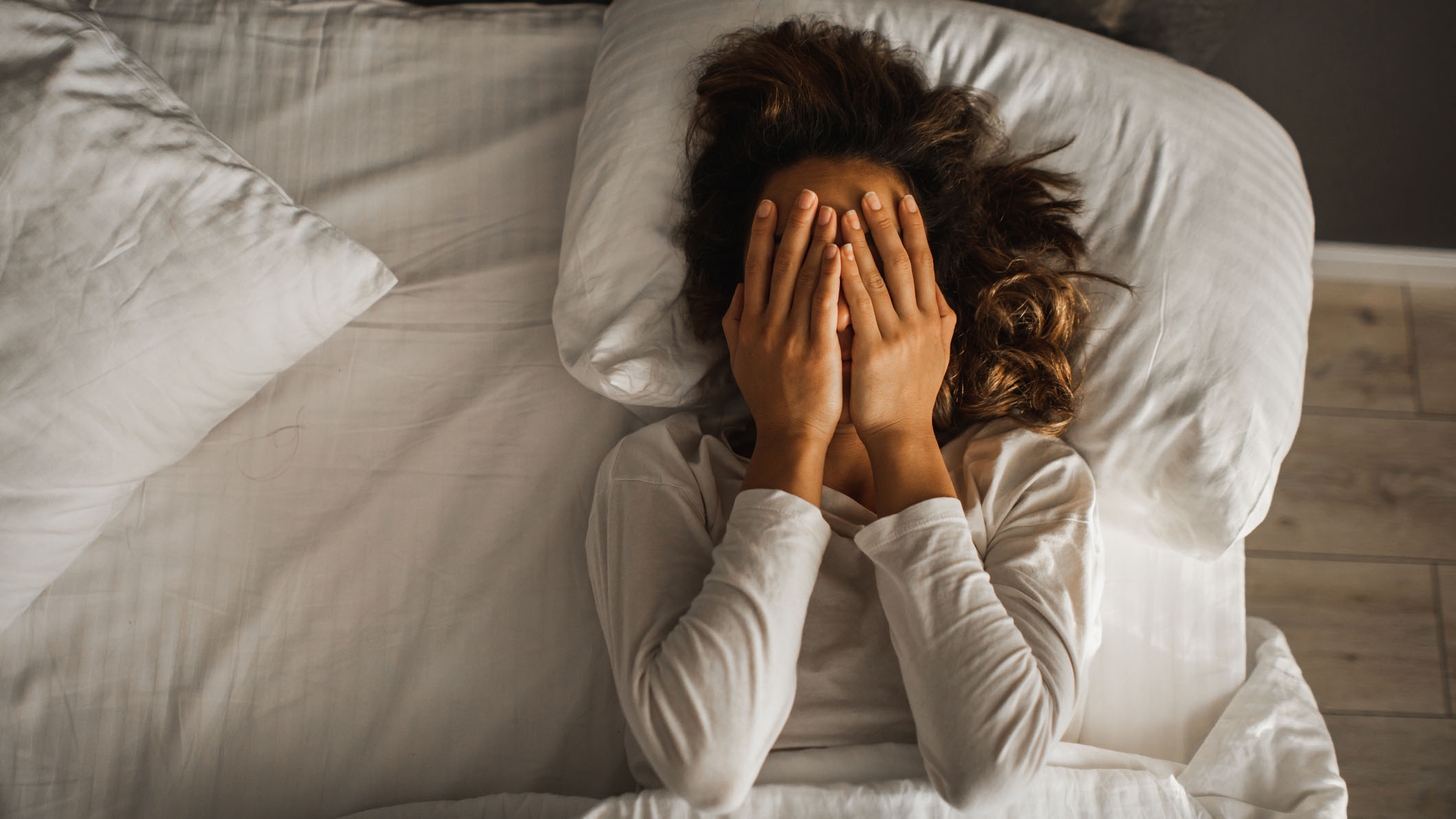
According to a new survey and AI-generated images, a good night's sleep could be the most powerful way to stay looking young and fresh. New research from Simba Sleep has revealed the close connection between how we look and how well we sleep at night, with a bad night potentially resulting in fine lines, dark circles and a dull complexion.
Simba Sleep surveyed 2,000 people aged 18 or older to discover how their sleep patterns played out on the face. This data was then fed to the Sleep Deprivation Avatar, an AI image-generator. Using the data, the Sleep Deprivation Avatar created lifelike images of people after a good night's sleep, and the same people after a bad night's sleep. And as you can imagine, the results weren’t pretty.
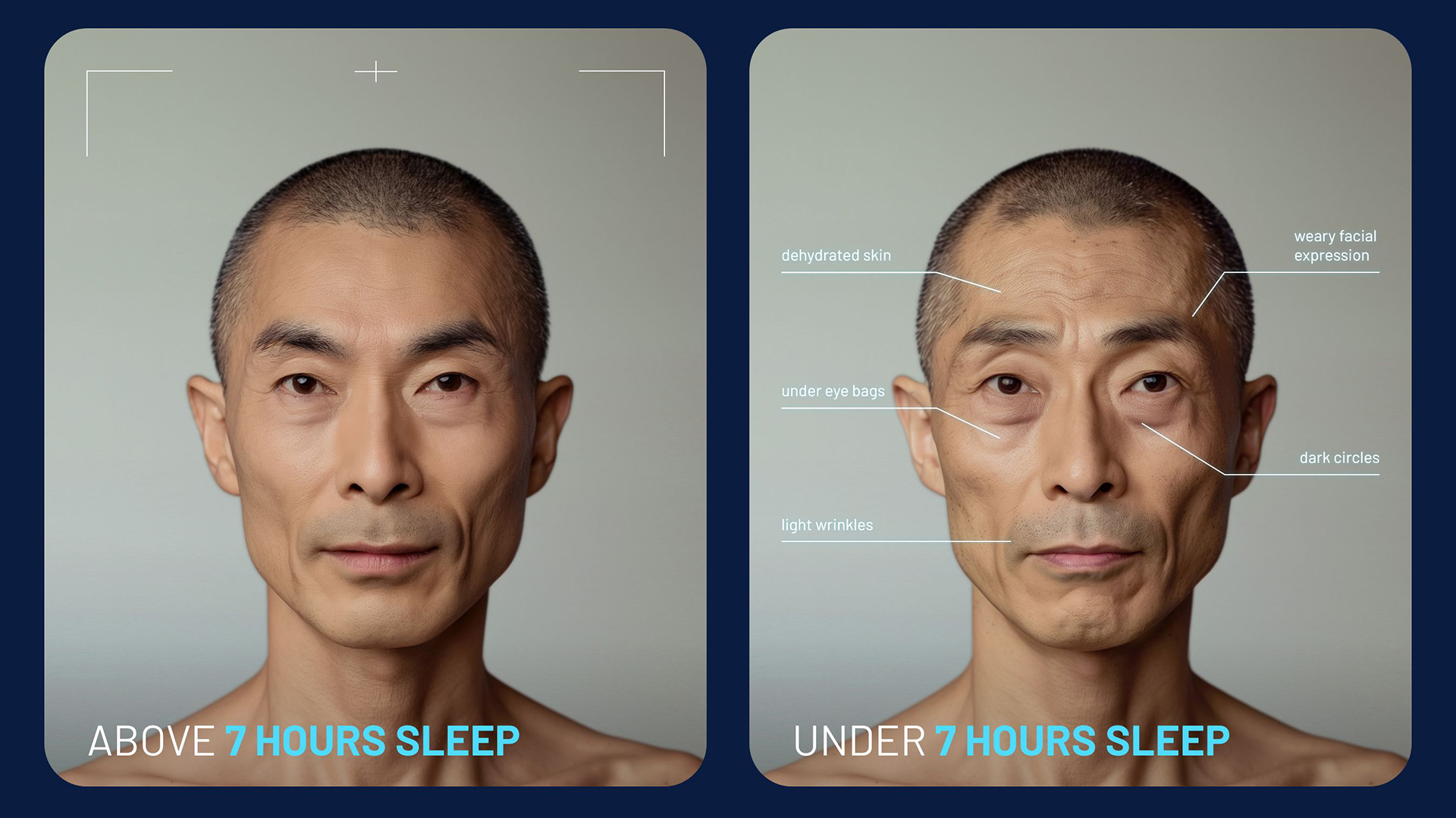
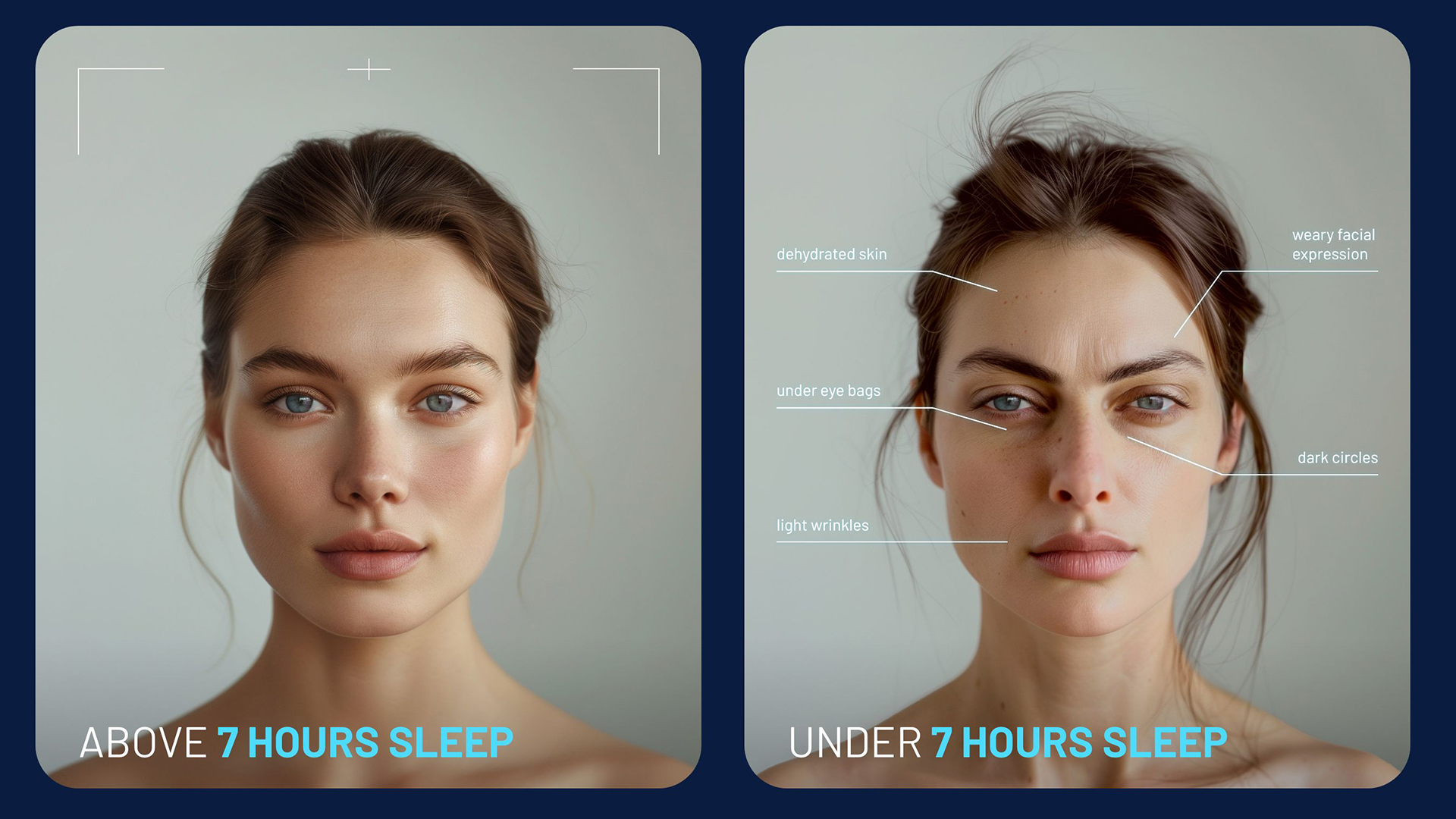
Across gender and age, participants reported up to 16 facial markers that revealed a lack of deep, restorative sleep. In better news, those surveyed also reported that getting an abundance of sleep showed the opposite effect, including a reduction of fine lines, fewer wrinkles and plumper, tighter skin.
So why is good sleep the best skincare routine around? “At night, your skin does important work like renewing and repairing itself, and making new cells,” says Lisa Artis, Deputy CEO of Simba’s charity partner, The Sleep Charity. “Messing with this natural regenerative cycle means your body doesn't get sufficient time to repair your skin nightly.”
How a lack of sleep affects your face and skin
Dark circles, dry skin, fine lines, breakouts, dullness and puffy eyes were all reported as signs of a bad night's sleep during the new Simba survey. And these results weren't confined to any one group either – across all categories of adults, respondents noted a negative change in appearance when they hadn't slept well.
However, it's young people who reported the closest correlation between bad sleep and bad skin, with 20% of 18 to 24 year olds reporting dry and flaky skin after less than seven hours sleep. In comparison, 17% of 25 to 34 year olds noted dry skin, and only 13% of older age groups. Similarly, 29% of Gen Z respondents reported eye bags after a disrupted night, compared to a 20% average in other age groups.
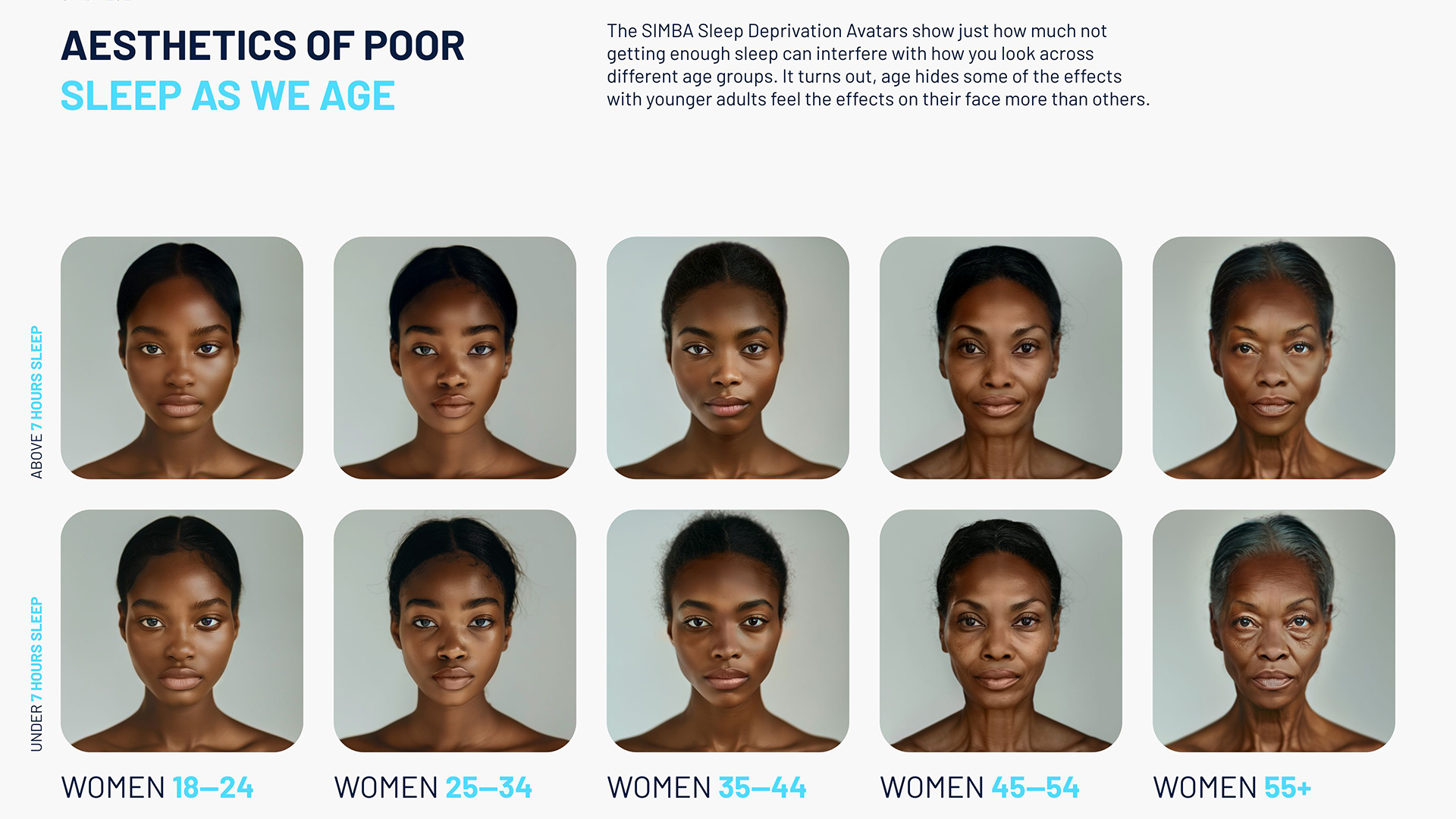
But while we're probably all familiar with at least a few of these skin concerns, we might be less aware of why it happens. Essentially, sleep is really important for our overall wellbeing. And when we don't get enough of it, the body panics.
Lisa explains that your body sees a bad night as a "low-level emergency", triggering an increase of hormones such as cortisol. This stress response sends blood and nutrients away from the skin and towards the major organs. And it's this lack of blood that can result in dark circles, breakouts and aggravated skin.
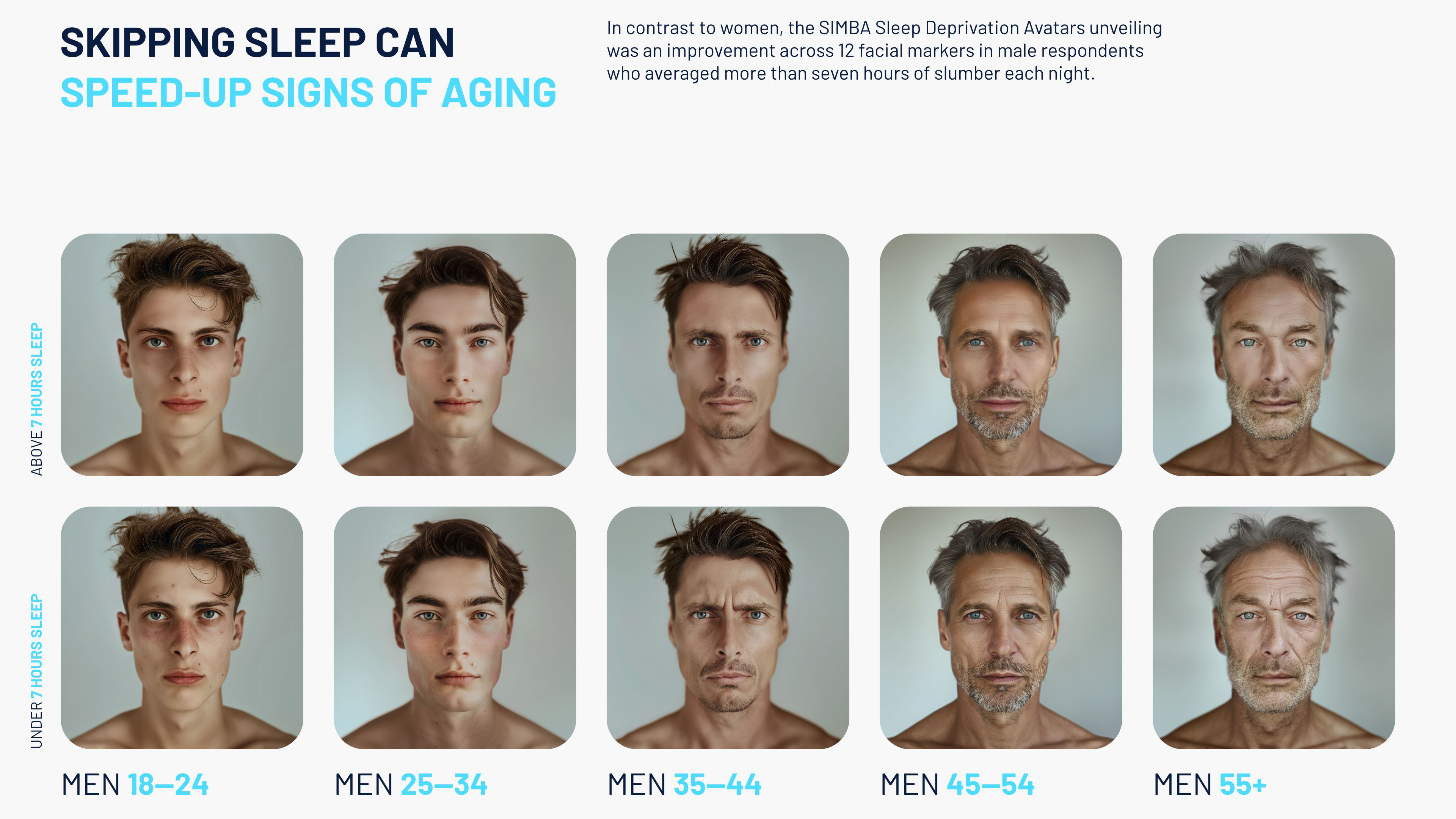
And it isn't just the stress of a disrupted night that leads to damaged skin. “Sleep is like a recharge for your body—it helps with regeneration, repairs and keeping your hormones in balance," says Lisa. Without sleep, we fall behind on cell turnover, meaning dull skin doesn't have a chance to refresh.
Meanwhile, without vital REM sleep, your body produces less collagen (necessary for smooth skin), and the release of growth hormone somatotropin (essential for maintaining skin elasticity) also slows down. No wonder that $50 eye cream didn't make you look more awake.
Top tips for better sleep tonight
A good night's sleep can work magic for dull skin and tired eyes, but getting at least seven hours is important for more than just your face. "A good night's sleep is not just for feeling refreshed; it's also crucial for your overall health and skin well-being,” says Lisa. To help you get enough sleep for our age, here are some tips to try tonight.
Develop a good bedtime routine
Winding down before bed means you don't spend the first hour beneath the sheets staring a the ceiling trying to calm a fast-paced brain. We have some advice on how to develop a nighttime routine that works for you and if you're worried about sleep deprivation damaging your appearance, it can go hand-in-hand with your skincare routine. Use the time before bed to apply a soothing face mask, place some cooling patches on your eyes, and enjoy screen-free time listening to calming sounds.
Wake up at the same time each morning
Waking up at 7am on the weekend might not sound like the obvious way to get more sleep, but having a regular waking up time works wonders for your body clock. Waking up early after a bad night is a great way to reset your circadian rhythms, helping you fall asleep faster, stay asleep, and feel refreshed the next morning.
Get your sleep space sorted
A supportive sleep environment helps you to drift off and stay asleep. Our guide to the best mattress for your body and budget is a great starting point for boosting your sleep space. And with the Memorial Day mattress sales arriving soon, now is a great time to snag a top-rated bed for less.
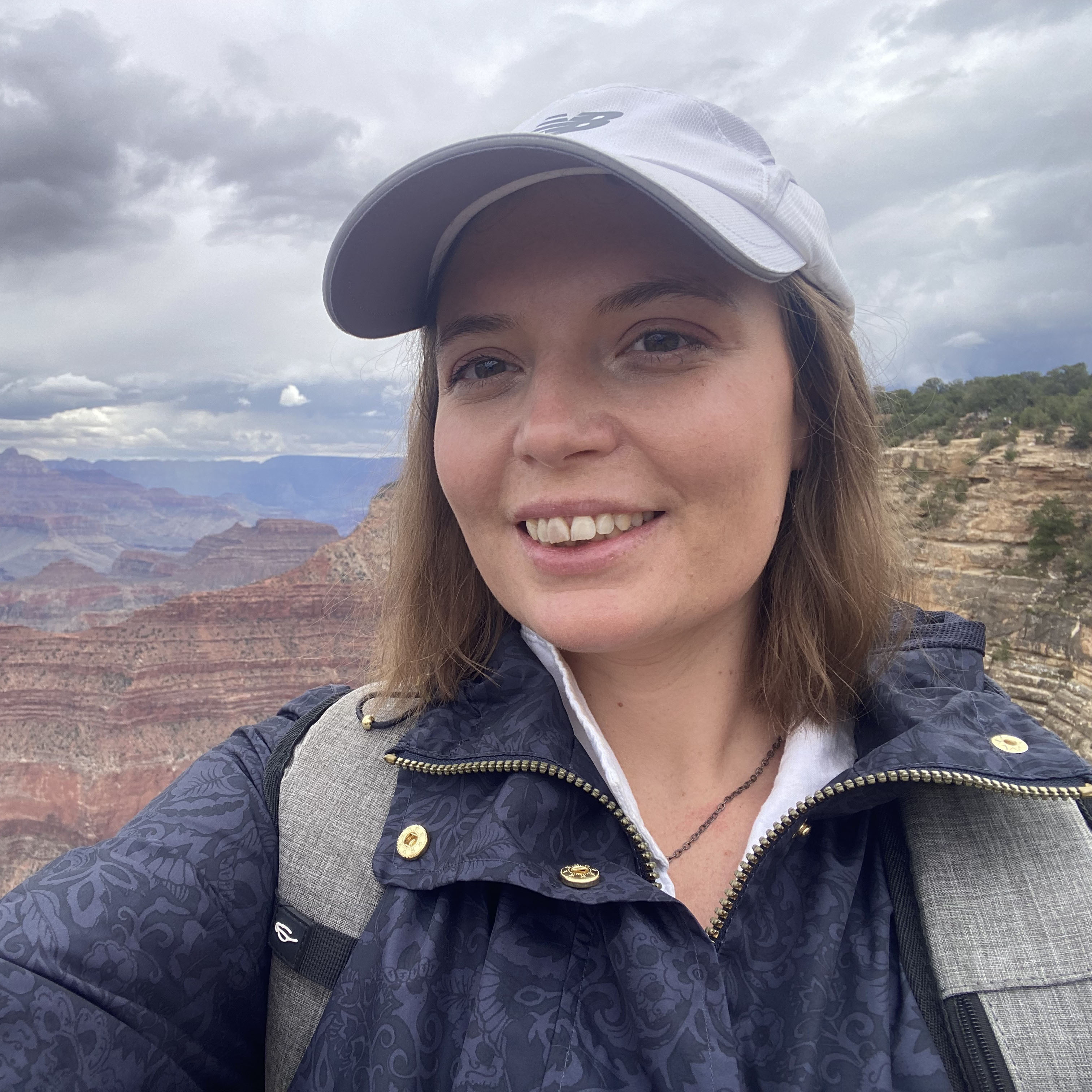
Ruth is an experienced Senior Staff writer at Tom’s Guide, covering all things sleep and mattresses. She writes to help people sleep better, from how-tos to the latest deals to mattress reviews, and has interviewed an array of experts who share her passion. She is also our specialist on memory foam — she’s flown around the world to see memory foam being made — and leads our hotel mattress content. She has a deep interest in the link between sleep and health, and has tried enough mattresses, from Helix to Nectar to Simba, to know the right bed really can make a difference to your wellbeing. Before joining the team at Tom’s Guide, Ruth worked as a sleep and mattress writer for our sister website, TechRadar.
 Club Benefits
Club Benefits





